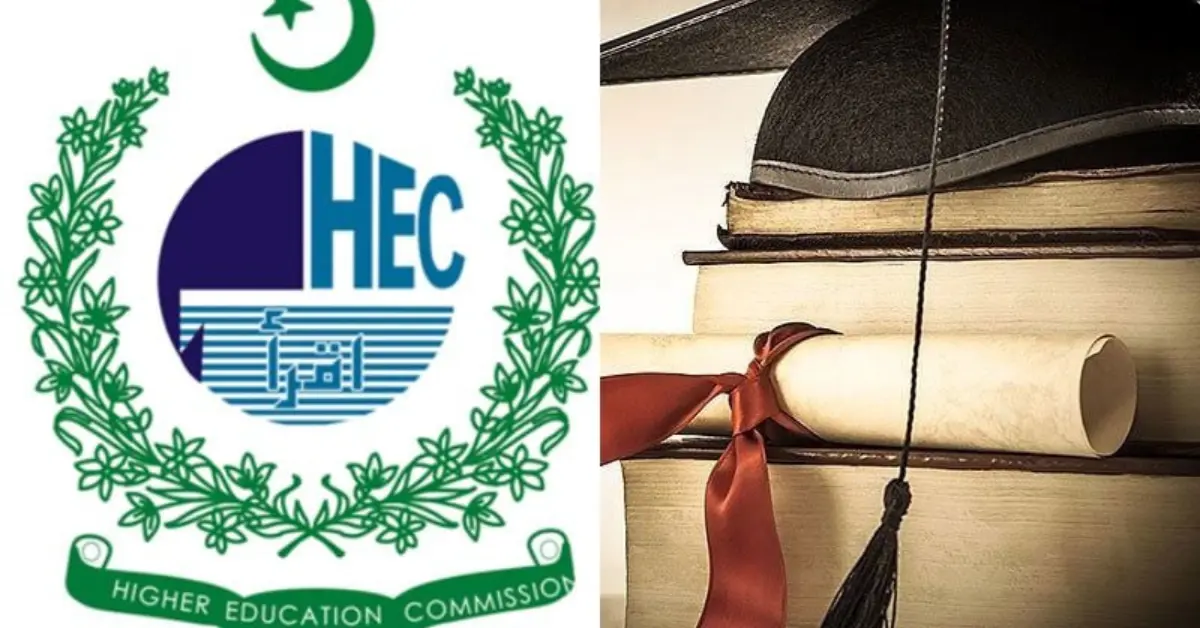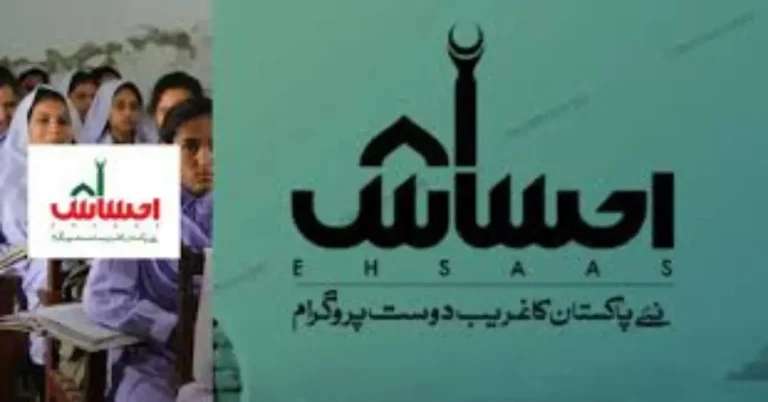HEC Indigenous PhD Fellowship Program 2025
Pursuing a PhD is a dream for many students in Pakistan, but financial difficulties and lack of resources often become a major barrier. To address this issue, the Higher Education Commission of Pakistan (HEC) launched the Indigenous PhD Fellowship Program. This initiative supports local scholars in completing their doctoral studies within Pakistan’s universities, enhancing research culture, and strengthening the nation’s academic and scientific community.
In this article, we will explore the details of the HEC Indigenous PhD Fellowship Program, including its objectives, coverage, eligibility, application process, benefits, FAQs, and final words.
Objectives of the Indigenous PhD Fellowship
The key goals of the program are:
- Promote Higher Education: Increase the number of PhD-qualified faculty and researchers in Pakistan.
- Enhance Research Culture: Strengthen the research capacity of local universities.
- Retain Talent: Encourage students to pursue PhDs within Pakistan rather than going abroad.
- Knowledge Economy: Develop highly skilled human resources to contribute to Pakistan’s economy.
- Support Universities: Empower universities to produce research that addresses local and global challenges.
Scholarship Coverage
The fellowship provides comprehensive financial support to ensure scholars can focus on their research without worrying about expenses. The coverage includes:
- Tuition Fee: Full coverage of tuition and university registration fees.
- Living Allowance: A monthly stipend (approx. Rs. 18,000–25,000, subject to revision).
- Books and Research Support: Annual allowance for books, stationery, and other academic needs.
- Laptop/IT Allowance: In some phases, scholars receive a laptop for research support.
- Research Grant: Additional funds for laboratory work, field visits, surveys, or experiments.
- Conference Travel: Partial support for attending national and international conferences to present research papers.
- Punjab Educational Endowment Fund (PEEF) Scholarship 2025
Eligibility Criteria
To apply for the Indigenous PhD Fellowship, students must meet the following requirements:
- Applicant must have Pakistani nationality.
- Must have completed 18 years of education (MS/MPhil or equivalent).
- Minimum CGPA of 3.0 (out of 4.0) or equivalent in MS/MPhil.
- Age limit: Usually 40 years for full-time faculty members and 35 years for others.
- Must secure admission in an HEC-recognized university offering a PhD program.
- Candidates already availing another HEC or government scholarship are not eligible.
- Must not be employed full-time in an organization (exceptions for faculty).
Required Documents
Applicants usually need to submit the following documents at the time of application:
- Online application form (from HEC scholarship portal).
- CNIC copy.
- Academic transcripts (Bachelor, Master, MS/MPhil).
- Admission/acceptance letter in a PhD program from a recognized university.
- Detailed research proposal or statement of purpose.
- No Objection Certificate (NOC) from employer (if employed).
- Passport-sized photographs.
Application Process
The application process is fully managed by HEC through its online portal:
- Online Registration: Create an account on the HEC E-portal (scholarship.hec.gov.pk).
- Application Form: Fill in the scholarship form carefully, attaching scanned copies of documents.
- University Admission: Ensure you have secured admission in a PhD program in an HEC-recognized university.
- Submission: Submit the form online and keep a printed copy for record.
- Initial Screening: HEC verifies eligibility and completeness of the application.
- Shortlisting: Candidates are shortlisted based on academic record and potential.
- Interview/Evaluation: In some cases, interviews or evaluations may be conducted.
- Award Letter: Selected candidates receive an official award letter from HEC.
Participating Universities
The fellowship is valid for all HEC-recognized Pakistani universities that are offering PhD programs in various fields. Some of the leading universities where scholars are enrolled include:
- Quaid-e-Azam University (QAU), Islamabad
- Punjab University, Lahore
- COMSATS University, Islamabad
- NUST, Islamabad
- University of Karachi
- University of Peshawar
- Bahauddin Zakariya University (BZU), Multan
- Government College University (GCU), Lahore
- Islamia University Bahawalpur (IUB)
- Many others across Pakistan
Benefits of the Indigenous PhD Fellowship
The program offers multiple benefits, not only to scholars but also to Pakistan’s education sector:
- Financial Support: Removes the financial barrier for PhD students.
- Local Research Development: Builds research capacity in Pakistani universities.
- Faculty Development: Produces qualified PhDs to serve as future faculty.
- Reduced Brain Drain: Encourages students to study in Pakistan instead of going abroad.
- Economic Growth: Produces researchers and experts who can contribute to national development.
Frequently Asked Questions
Final Words
The HEC Indigenous PhD Fellowship Program is a landmark initiative to strengthen Pakistan’s academic and research capacity. By supporting scholars financially and academically, the program ensures that talented individuals can pursue their doctoral studies without worrying about costs.
This fellowship is particularly important because it helps retain talent within Pakistan, reduces brain drain, and empowers local universities to produce quality research. For students who dream of contributing to science, technology, and education in Pakistan, this program is a golden opportunity.
If you meet the eligibility criteria and are passionate about research, you should definitely apply. Remember, pursuing a PhD is not just about earning a degree – it is about contributing knowledge that can change society for the better.







